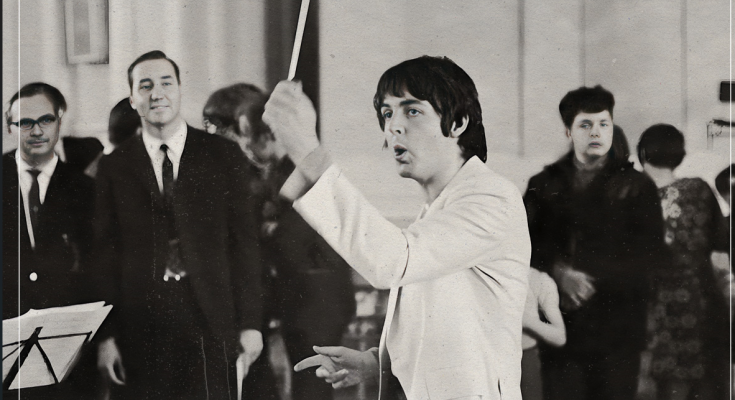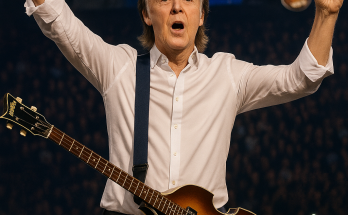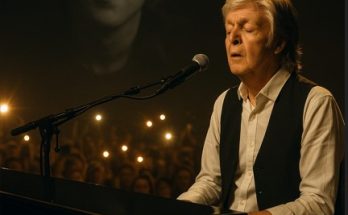For years, The Beatles had been focused on looking through the lens of psychedelia and ascending to the top of the tree in rock and roll. That ultimately spiralled into toxic effects that tore them apart, so by the time they reached Let It Be in 1970, their sound switched very much more to be a requiem.
In many ways, the album represented a magnum opus for not just the Fabs but also all those around them who had traversed the manic journey with them up to this point. Phil Spector, in particular, was in his prime with his ‘Wall of Sound’ technique – and what it meant in the context was a rich, orchestral eminence that brought The Beatles to the edge of the stratosphere for their final goodbye.
This manifested itself in the grandeur of songs such as ‘Across the Universe’ and ‘The Long and Winding Road’, the latter of which particularly marked one of the most poignant moments in all the band’s tenure, as they eventually stopped reaching outwards and turned the mirror back on themselves. The emotional swell within this is buoyed, of course, by the iconic orchestrations that accompany the song, but how much exactly did this extravagance skin them?
Naturally, given the way in which the value of money has fluctuated in the over half a century since then, it’s difficult to quantify the exact expenses that The Beatles spared in order to reach their musical peak, simply because it seems so little to us now. But, indeed, for a strong 50-piece orchestra to complete the sessions on the songs, it cost them approximately £1,126 and five shillings. Given that this amount equates to in the region of £26,000 now, there’s no way of telling if this was good bang for your buck – but in any case, The Beatles were worth far more than a mere price.
What significance did ‘The Long and Winding Road’ have in The Beatles’ legacy?
Apart from the obvious prescience of all that surrounded Let It Be as a whole, ‘The Long and Winding Road’ also marked a particular cornerstone in The Beatles’ legacy by becoming their last of no less than 20 number ones in the United States. In this sense, the imagery of reaching the end of the road took on a literal meaning in more ways than one, with the Fab Four ultimately going out on a soaring high, despite all their trials and tribulations.
For Paul McCartney, who wrote the song, the emotional currents surrounding it swirled in multiple ways, both personal and professional. “It’s rather a sad song,” he explained in 1994. “I like writing sad songs, it’s a good bag to get into because you can actually acknowledge some deeper feelings of your own and put them in it. It’s a good vehicle, it saves having to go to a psychiatrist.”
But when he also added that ‘The Long and Winding Road’ was ultimately “all about the unattainable; the door you never quite reach… the road that you never get to the end of,” this sparked a moment of sadness in what was otherwise an untouchable legacy for the band. They had already achieved more than the world, but the engine was now empty. They all knew they should have continued, but their minds forced them to stop. This is not to say that the ending of The Beatles was a tragedy, but it did certainly cause its fair share of heartache.
The addition of the orchestra on tracks like ‘The Long and Winding Road’ only upped the ante in what was already a pressure cooker of an environment. However, when the emotions eventually spilled over, it wasn’t anger that emerged – it was a weeping sorrow, reminiscing on all that had been.



